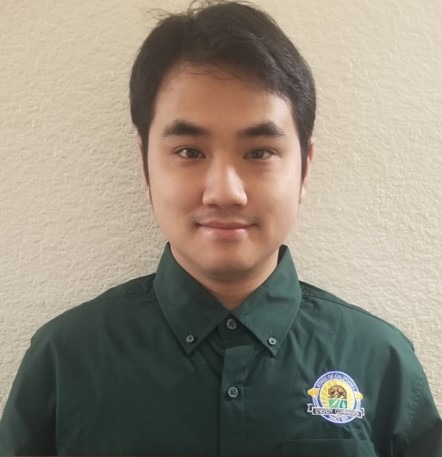
Resources
Exhibitor Application
Summit Agenda
Education Program
Leadership Awards
Exhibitor/Sponsor Profiles
Exhibitor/Sponsor Options
Summit Floorplan
Advisory Board
Registration Details
Media Kit
Parking, Directions & Hotels
2025 Energy Code – Nonresidential Significant Changes: PART 1 and 2
Room: 101
PART 1 Time: 1:30pm – 2:30pm
Part 2 Time: 3:00pm – 4:00pm
CEUs: 2 AIA LU/HSW

This training class will provide an overview of major changes to the 2025 Energy Code requirements for nonresidential buildings scheduled to take effect on January 1, 2026. Topics to be discussed include heat pumps, ventilation and indoor air quality, HVAC, solar PV, battery energy storage systems (BESSes), lighting systems, and pools and spa heating equipment. Information will be provided about the Energy Code restructure, tools, and resources.
The 2025 Energy Code is projected to save nearly $5 billion in energy costs, over 4 million metric tons of CO2 emissions, over 390 GWh of electricity per year, and nearly 70 million gallons of water per year, statewide. This session will provide key information to help realize these benefits, and impact code compliance in the construction of new school buildings and additions and alterations to existing school buildings.
Learning Objectives:
Participants will:
- Gain a basic understanding of the Energy Code and nonresidential buildings, including school buildings
- Learn about the major changes to the mandatory envelope, HVAC, covered processes, water heating, and pools & spas lighting requirements for nonresidential buildings in the 2025 Energy Code
- Learn about the major changes to the prescriptive envelope, PV & BESS, HVAC, covered processes, and lighting requirements for nonresidential buildings in the 2025 Energy Code.
- Learn about educational resources and upcoming trainings available from the CEC, Energy Code Ace, and Regional Energy Networks
Speaker:
Allen Wong, Energy Commission Specialist II, California Energy Commission

Allen Wong is an Energy Specialist in the Outreach and Education Unit of the California Energy Commission’s Building Standards Branch, where he has served for over six years. In this role, he has developed specialized expertise in communicating Energy Code requirements—particularly in the areas of water heating, solar PV, lighting, building commissioning, and electrical power distribution. His work includes creating educational resources and delivering training programs to support effective understanding and enforcement of the Energy Code.
